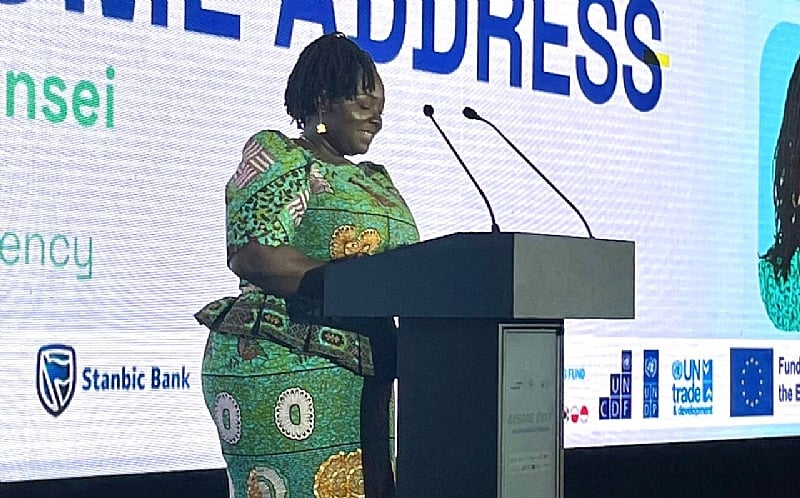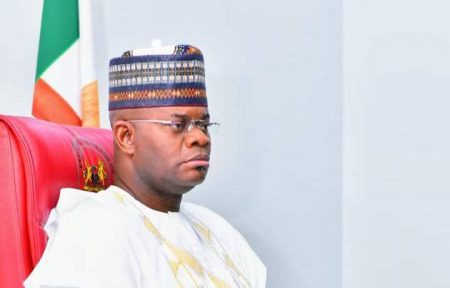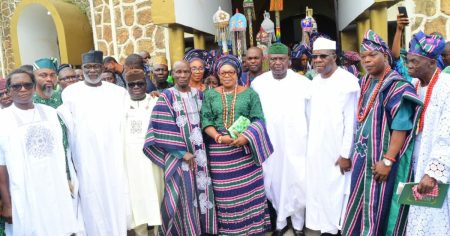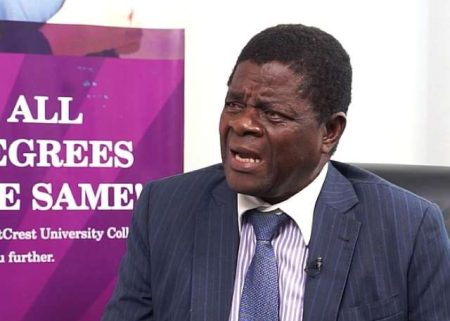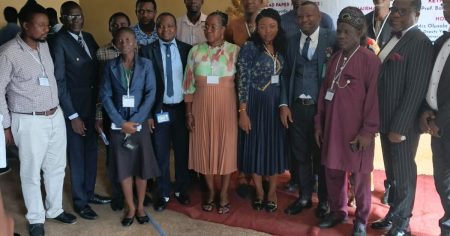Micro, Small, and Medium-sized Enterprises (MSMEs) form the backbone of Ghana’s economy, representing a significant portion of businesses and employment opportunities. The Ghana Enterprises Agency (GEA) recognizes the vital role of MSMEs and is committed to fostering their growth and development, propelling them to become major economic players not only within Ghana but also across Africa and beyond. This commitment stems from the understanding that a thriving MSME sector is crucial for overall economic prosperity, job creation, and sustainable development. The government’s focus is on providing targeted support and creating an enabling environment where these enterprises can flourish and contribute meaningfully to the national and international economic landscape.
The GEA draws a compelling analogy between MSMEs and a malnourished child possessing the potential for growth but lacking the essential nutrients to achieve it. This analogy highlights the critical need for targeted interventions and support systems to nurture the growth of these enterprises. Just as a malnourished child requires proper nutrition to reach their full potential, MSMEs need access to resources, funding, training, and regulatory frameworks tailored to their specific needs. The GEA, in its role as a supportive agency, aims to provide these vital “nutrients” to empower MSMEs and facilitate their transformation into robust and competitive businesses.
The significance of MSMEs to the Ghanaian economy is undeniable. They account for approximately 80% of employment and constitute roughly 90% of all businesses in the country, contributing substantially to Ghana’s Gross Domestic Product (GDP). Despite their crucial role, MSMEs often face significant challenges, including limited access to finance, inadequate infrastructure, and complex regulatory requirements. The GEA recognizes these challenges and advocates for a more conducive environment that addresses these constraints, enabling MSMEs to thrive and contribute even more significantly to the nation’s economic growth. The agency believes that by providing appropriate support and fostering a culture of entrepreneurship, Ghana can unlock the full potential of its MSME sector.
A key concern raised by the GEA is the need for a regulatory framework specifically designed for MSMEs. The current system often subjects small enterprises to the same stringent regulations as large corporations, which can be overly burdensome and stifle their growth. The agency argues for a more differentiated approach that acknowledges the unique realities and challenges faced by smaller businesses. For instance, a small fruit juice processor should not be subjected to the same regulatory requirements as a large multinational beverage company. This more tailored approach would streamline compliance, reduce bureaucratic hurdles, and create a more level playing field for MSMEs to compete and expand.
The GEA envisions a future where Ghanaian MSMEs are not just local players but also significant contributors to the African and global economies. This vision requires a comprehensive and collaborative approach involving government agencies, private sector partners, and the MSMEs themselves. The agency emphasizes the importance of empowering MSMEs by providing access to finance, fostering innovation, and promoting access to markets beyond Ghana’s borders. This includes supporting initiatives that enhance their competitiveness, improve their product quality, and connect them with potential investors and international buyers.
The ultimate goal is to create a robust and dynamic MSME sector that drives economic growth, creates jobs, and contributes to Ghana’s overall development. By addressing the specific challenges faced by MSMEs and providing them with the necessary tools and support, the GEA aims to unlock their full potential and establish them as key players in the national, regional, and global economic landscape. This commitment to nurturing MSMEs is not just an economic strategy; it is a recognition of their vital role in building a more prosperous and sustainable future for Ghana.





